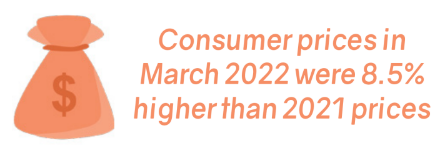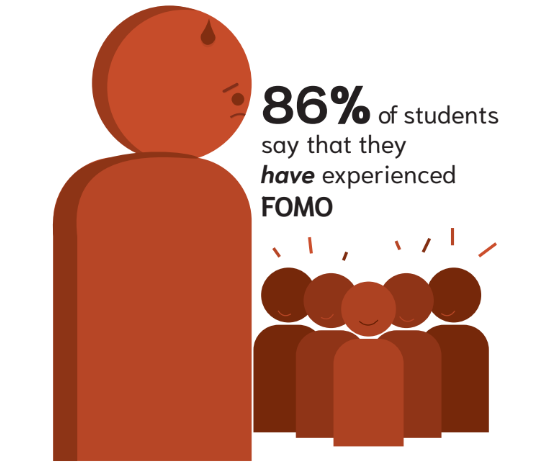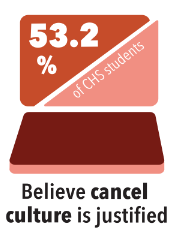Low-income families bear the brunt of inflation

BLOT GRAPHICS BY Z. SABRINA LIDING, CINDY LIN and TIMOTHY WILBURN
Many low income families are struggling to make ends meet due to the high inflation.
September 15, 2022
From rising housing costs to gasoline prices, the surge of inflation is impacting everyone, but it poses a particular hardship for people with little- to-no money to spare.
The growing difference between the rich and poor in the inflation trends of 2022, which economists refer to as inflation inequality, is due to the usual spending patterns of persons in each income level account.
Low-income families’ spending is focused on necessities like groceries and gasoline, which have witnessed some of the biggest price increases. The U.S. Labor Department reports that consumer prices in March were 8.5% higher than prices a year ago, the most drastic increase since December 1981.
President Joe Biden has declared fighting inflation his top domestic priority, addressing the American public’s struggle: “I know that families all across America are hurting.”
Some feel, however, that the reality is not so simple; different households are being hurt by inflation in different ways and those with the least are impacted the most.
Because they have substantial disposable incomes, higher-income households are more easily absorbing the rising cost of necessities. Additionally, their spending habits indicate that they are less vulnerable to inflation in some key ways. Lower-income families spend an average of 11% of their budget on food, compared with higher-income households, which spend 7% on food, according to the Bureau of Labor Statistics.
Additionally, Claudia Macaluso of the Federal Reserve of Richmond draws an analogy explaining how inflation has left low-income households with nothing to cut down on.
“Maybe you used to buy Yogurt A, and now you buy Yogurt B because Yogurt B is cheaper,” Macaludo said. “But if you’re from a lower-income family, most likely you already consume Yogurt B. The only place for you to go is not to have any yogurt.”
Left with no other way of lessening the impact of this struggle, some are taking on credit card debt, putting off replacing their cars and even buying fewer groceries.
The Federal Reserve is trying to curb the rise of inflation, but economists note that dropping prices too fast will result in a recession. In the meantime, federal and local leaders must do everything they can to make existing resources available, equitable and accessible to help low-income families stay housed and fed.














